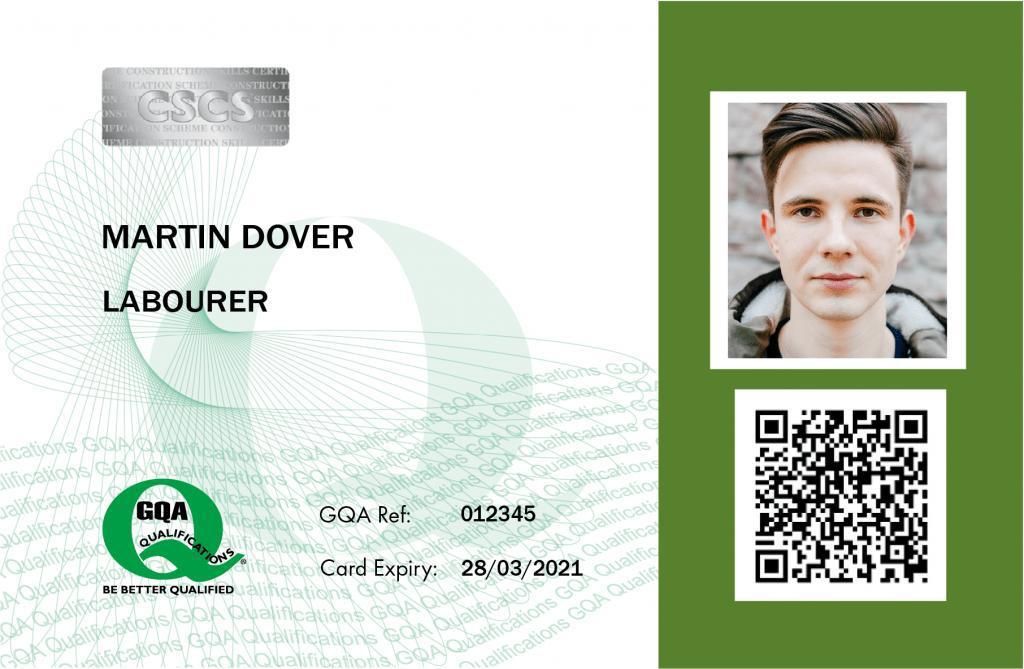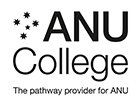
Supplier Relationship Management for Collaboration, Impact and Business Success
Course ID: 2509017101253EGI
Course Dates : 01/09/25 Course Duration : 5 Studying Day/s Course Location: Dubai, UAE
Language: Bilingual
Course Category: Professional and CPD Training Programs
Course Subcategories: Leadership and Management Excellence
Course Certified By: * Projacs Academy
* Professional Training and CPD Programs
Certification Will Be Issued From :
KSA
Course Fees: £2,940.22
Vat Not Included in the price. VAT may vary depending on the country where the course or workshop is held.
Click to Pay
Date has passed please contact us Sales@e-s-hub.com
Course Information
Introduction
Supplier Relationship Management (SRM) has emerged as a cornerstone of organizational success in an increasingly interconnected global economy. As supply chains grow more complex, the ability to cultivate and maintain robust relationships with suppliers becomes critical to achieving operational efficiency, innovation, and competitive advantage. Organizations across industries now recognize that suppliers are not merely vendors but strategic partners whose contributions can significantly influence business outcomes. This course delves into the principles, practices, and tools necessary to foster collaborative supplier relationships that drive impact and deliver measurable results.
The modern business landscape is fraught with challenges such as geopolitical uncertainties, fluctuating market demands, and sustainability imperatives. These dynamics necessitate a shift from transactional supplier interactions to strategic partnerships rooted in trust, transparency, and shared goals. However, many organizations struggle to implement effective SRM due to gaps in knowledge, inadequate frameworks, and resistance to cultural change. For instance, a case study of a leading automotive manufacturer revealed that poor supplier engagement led to delays in product launches and increased costs, underscoring the need for structured SRM strategies.
Drawing on established theories such as Michael Porter’s Value Chain Analysis and Kraljic’s Purchasing Portfolio Matrix, this course provides participants with a comprehensive understanding of how to align supplier relationships with broader business objectives. By integrating these frameworks with contemporary trends like digital transformation and sustainable procurement, participants will learn to navigate the complexities of modern supply chains. The course also emphasizes the importance of data-driven decision-making, leveraging analytics to enhance supplier performance and mitigate risks.
Mastering SRM offers significant benefits for both individuals and organizations. For professionals, it enhances career prospects by equipping them with sought-after skills in negotiation, collaboration, and strategic planning. Organizations, on the other hand, stand to gain improved supplier performance, reduced costs, and enhanced innovation through co-creation. A notable example is the partnership between a global technology firm and its key suppliers, which resulted in the development of cutting-edge solutions while reducing time-to-market by 20%.
Real-world applications of SRM extend beyond traditional manufacturing sectors. In the healthcare industry, for instance, hospitals have partnered with medical equipment suppliers to ensure timely delivery of life-saving devices during crises. Similarly, e-commerce giants have leveraged SRM to optimize inventory management and meet consumer expectations for rapid delivery. These examples highlight the versatility of SRM principles and their relevance across diverse industries.
Ultimately, this course empowers participants to transform supplier relationships into strategic assets that contribute to long-term business success. By blending theoretical insights with practical tools, the program fosters a mindset of collaboration and continuous improvement. Participants will leave equipped to drive meaningful change within their organizations, positioning themselves as leaders in the evolving field of supplier relationship management.
Objectives
By attending this course, participants will be able to:
Analyze the role of supplier relationships in achieving organizational goals and competitive advantage.
Evaluate existing SRM practices using established frameworks such as Kraljic’s Matrix and Porter’s Value Chain.
Design tailored SRM strategies that align with organizational priorities and industry-specific challenges.
Implement data-driven approaches to assess supplier performance and identify areas for improvement.
Apply advanced negotiation techniques to build mutually beneficial partnerships with suppliers.
Develop action plans to integrate sustainability and ethical considerations into supplier relationships.
Assess the impact of emerging technologies, such as AI and blockchain, on supplier collaboration and risk management.
Who Should Attend?
This course is ideal for:
Procurement managers and supply chain professionals seeking to deepen their expertise in supplier relationship management.
Business leaders and executives responsible for driving strategic initiatives related to supply chain optimization.
Consultants and advisors who support organizations in enhancing their supplier engagement strategies.
Sustainability officers tasked with embedding environmental and social responsibility into procurement processes.
These groups will find the course invaluable as it addresses the growing demand for strategic SRM capabilities. While prior experience in procurement or supply chain management is beneficial, the course is designed to accommodate intermediate learners, providing foundational knowledge alongside advanced insights.
Training Method
• Pre-assessment
• Live group instruction
• Use of real-world examples, case studies and exercises
• Interactive participation and discussion
• Power point presentation, LCD and flip chart
• Group activities and tests
• Each participant receives a 7” Tablet containing a copy of the presentation, slides and handouts
• Post-assessment
Program Support
This program is supported by:
* Interactive discussions
* Role-play
* Case studies and highlight the techniques available to the participants.
Daily Agenda
The course agenda will be as follows:
• Technical Session 08.30-10.00 am
• Coffee Break 10.00-10.15 am
• Technical Session 10.15-12.15 noon
• Coffee Break 12.15-12.45 pm
• Technical Session 12.45-02.30 pm
• Course Ends 02.30 pm
Course Outlines
Foundations of Supplier Relationship Management
Overview of SRM: Definition, Importance, and Key Components
Understanding the Supplier Ecosystem: Mapping Stakeholders and Dependencies
Introduction to Strategic Frameworks: Kraljic’s Matrix and Porter’s Value Chain
Case Study: Lessons from Industry Leaders in SRM
Day 2:
Building Collaborative Relationships
Principles of Trust and Transparency in Supplier Partnerships
Advanced Negotiation Techniques for Win-Win Outcomes
Tools for Effective Communication and Conflict Resolution
Group Exercise: Role-Playing Supplier Negotiations
Day 3:
Data-Driven Decision Making in SRM
Leveraging Analytics to Assess Supplier Performance
Identifying and Mitigating Supply Chain Risks
Measuring the ROI of Supplier Relationships
Workshop: Creating a Supplier Scorecard
Day 4:
Sustainability and Innovation in SRM
Integrating ESG Criteria into Supplier Selection and Evaluation
Driving Innovation Through Co-Creation with Suppliers
Best Practices for Sustainable Procurement
Panel Discussion: Industry Perspectives on Green Supply Chains
Day 5:
Future Trends and Implementation Strategies
The Role of Emerging Technologies in SRM (AI, Blockchain, IoT)
Developing an Action Plan for SRM Transformation
Overcoming Cultural and Organizational Barriers to SRM Adoption
Final Presentations: Participant-Led SRM Strategy Proposals



















































